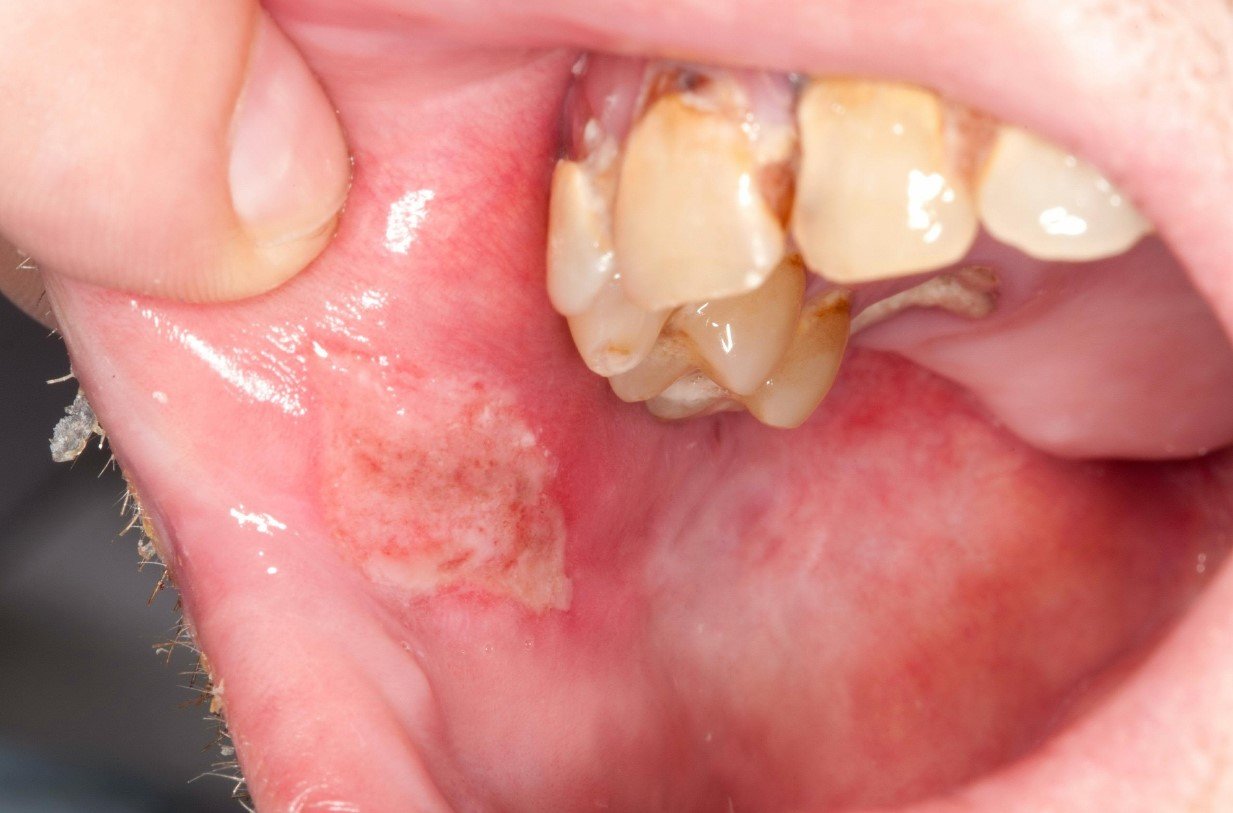Oral diseases are a silent epidemic affecting billions worldwide, yet they remain one of the most overlooked areas of global health. Despite being preventable, oral health issues continue to be a significant burden, with profound implications for overall health and economic stability.
The Vast Reach of Oral Diseases
Oral diseases are more than just a health issue; they are a mirror reflecting the inequalities in our global health systems. With nearly half the world’s population grappling with some form of oral disease, the scale of this crisis is immense. The World Health Organization reports a staggering number of cases, surpassing those of mental disorders, cardiovascular disease, diabetes, chronic respiratory diseases, and all cancers combined. This widespread prevalence puts an enormous strain on healthcare systems, with an estimated $710 billion spent annually on treatment and lost productivity.

The impact of oral diseases extends beyond the mouth, with strong links to diabetes, stroke, dementia, heart disease, and more. Yet, despite these connections, oral health is often treated as a secondary concern, separated from other healthcare services. This separation not only undermines the importance of oral health but also leads to significant affordability issues, disproportionately affecting the most vulnerable populations.
Bridging the Gap in Healthcare
Addressing the oral health crisis requires a fundamental shift in how we view and treat oral diseases. The World Economic Forum’s Oral Health Affinity Group advocates for integrating oral health into the broader healthcare narrative. By recognizing the mouth as an integral part of the body, we can begin to dismantle the barriers that have long hindered access to dental care.
Investing in oral health is not just a matter of improving dental outcomes; it’s about enhancing overall health and reducing healthcare costs. The economic rationale for such an investment is clear: better oral health leads to better general health, which in turn reduces the burden on healthcare systems. It’s a cycle of improvement that benefits individuals and societies alike.
A Call to Action for Global Health Equity
The neglect of oral health is a reflection of the wider issues of inequality and access in global health. As the world grapples with this unmet healthcare need, it’s time for a concerted effort to bring oral diseases to the forefront of the health agenda. The Oral Health Affinity Group’s report is a call to action for policymakers, healthcare providers, and communities to invest in oral health as a pathway to achieving health equity and building stronger, more productive societies.









